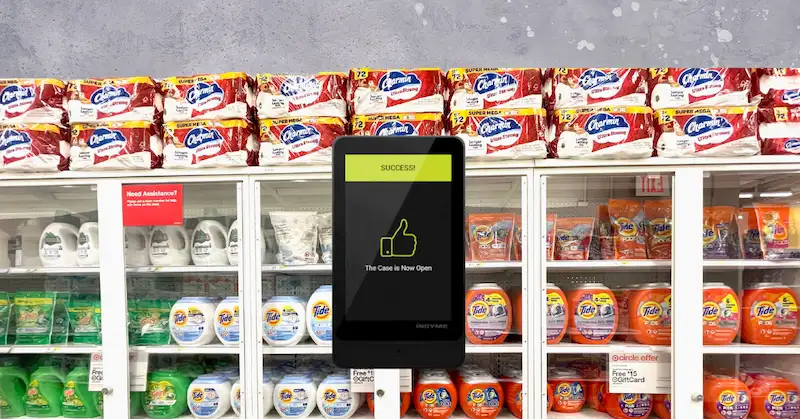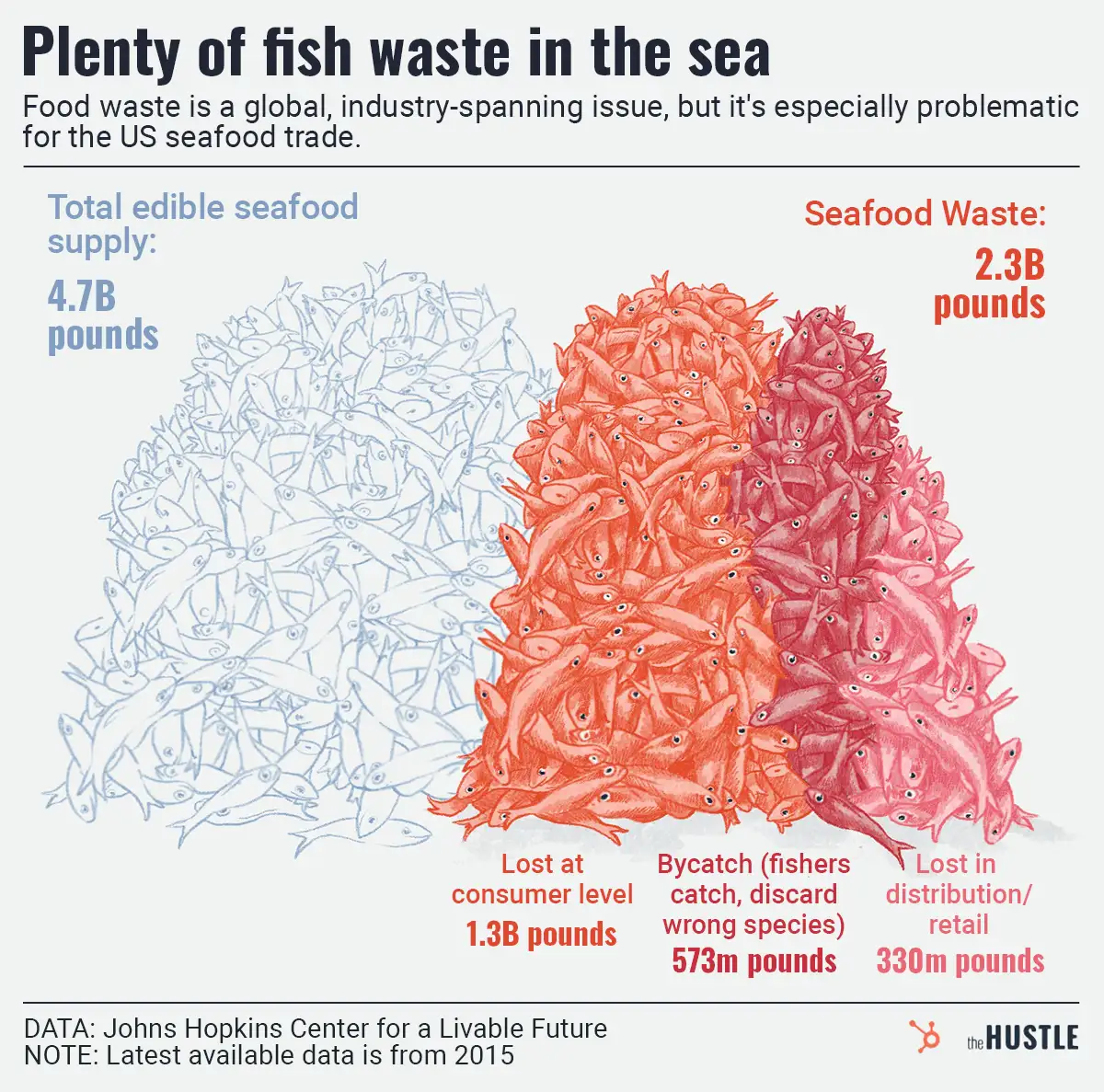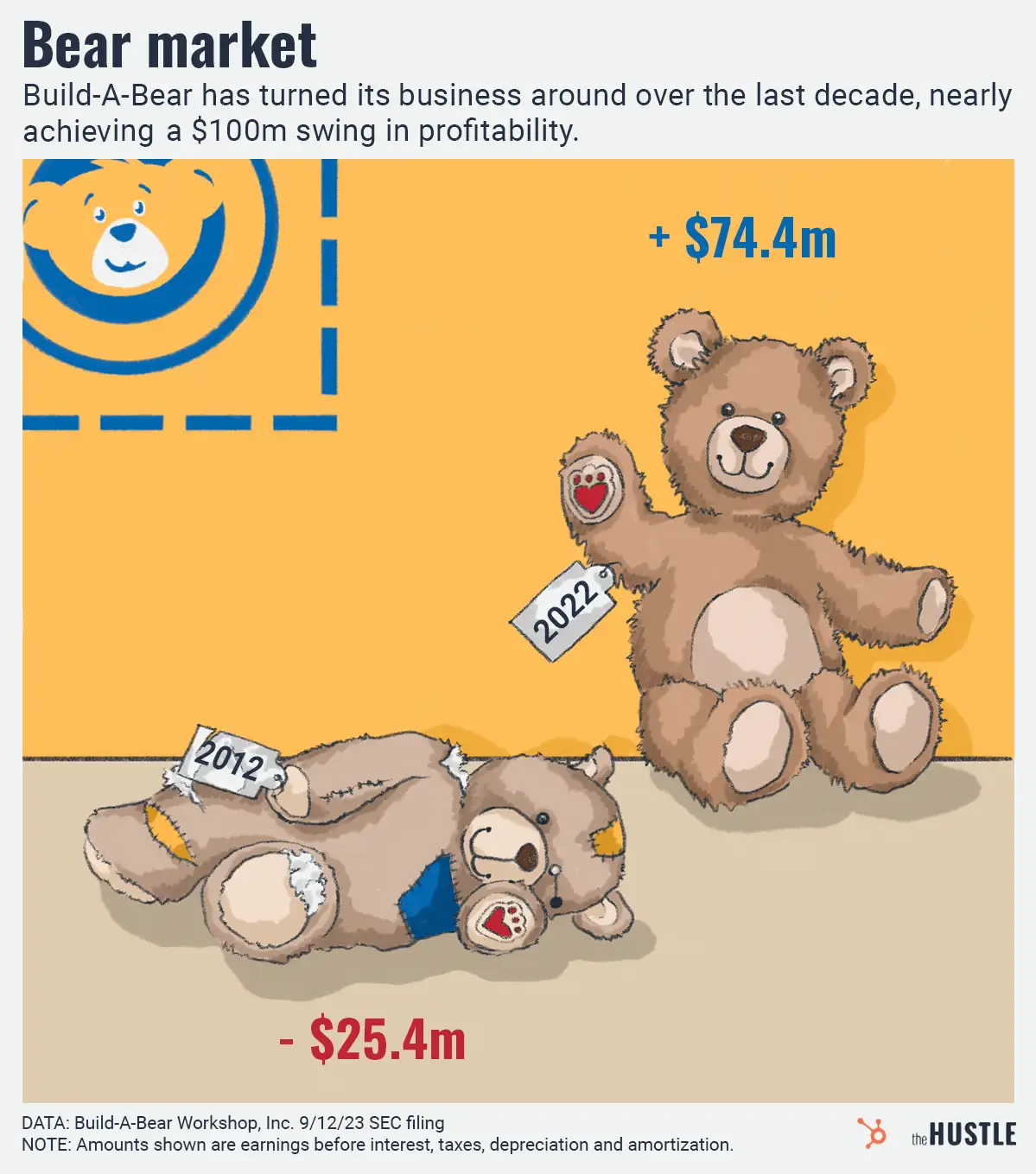Two bipartisan bills are taking aim at interchange fees, a dreaded cost among merchants when processing card payments.

Backing the bills are a slew of retailers — including Walmart, Target, and Kroger — which claim fees are over 7x higher in the US than Europe.
What are interchange fees?
Every time a customer pays by card, merchants are charged processing fees — totaling ~$137.8B for US merchants in 2021.
Interchange fees (AKA swipe fees) are the largest among them, accounting for 70%-90%.
They’re collected by the four credit card networks — Discover, American Express, Visa, and Mastercard — and paid to the bank that issued the card to cover associated risks and costs.
- Fees are typically 1%-3% of a customer’s transaction.
- Fees are ~6x higher for credit transactions than debit, and higher still for rewards cards.
Because fees are often passed onto consumers, retailers also argue they’re an “inflation multiplier” that costs the average US family an estimated $900 annually.
Visa and Mastercard…
… account for 83%+ of all US credit card market share.
But the bills would allow businesses to use alternate payment networks that could increase competition and reduce fees, per NPR.
- Credit card networks argue that if swipe fees went down, so would rewards and points programs.
- Experts say those programs won’t disappear entirely as they’re valuable for customer retention.
Legislation aside, the Visa-Mastercard duopoly could also face threats from new payment apps that bypass traditional networks.
Case in point: Visa’s attempt to buy one such competitor, Plaid, for $5.3B in 2020 was blocked by federal antitrust regulators, per The Economist.










